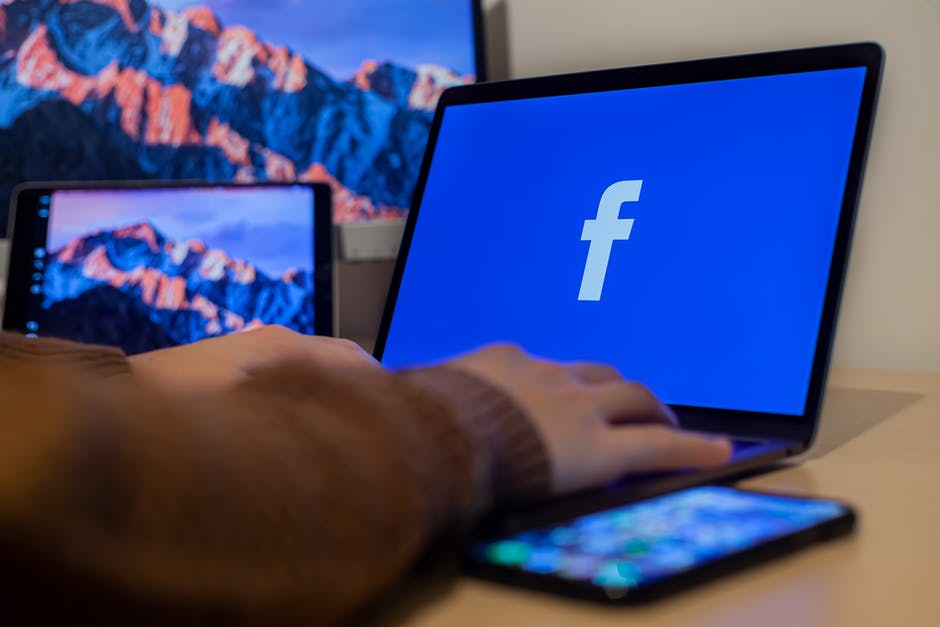As religious communities are increasingly transitioning to online spaces, circumstances surrounding the COVID-19 pandemic have opened up an unanticipated partnership: between faith groups and Facebook.
As places of worship closed at the start of the outbreak, Facebook began by sending equipment to religious communities, such as device holders to assist in virtual streaming. Soon after, dialogues between Facebook executives and various religious leaders ensued to find a mutual solution to keep religious members connected with their faith.
“Faith organizations and social media are a natural fit because fundamentally both are about connection,” Sheryl Sandberg, Facebook’s chief operating officer, stated at a virtual faith summit.
Indeed, both parties can mutually benefit from collaborating to offer faith resources. This comes at a time where many religious groups seek to keep members spiritually active as well as reach a larger population, which Facebook, home to nearly 3 billion users, can provide. Additionally, at a time when Facebook is making efforts to regain public trust surrounding privacy and misinformation concerns, the opportunity is a step forward in repairing its public relations.
By joining communities, the shared goal is to create a virtual space to engage in faith activities, such as worship, fellowship, and prayer.
Some churches, such as megachurch Hillsong Church, have announced partnership with Facebook to stream services and events. Other religious leaders, such as Reverend Robert Jeffress of First Baptist Church in Dallas and Reverend Bob Stec of St. Ambrose Catholic Parish in Brunswick, Ohio are endorsing Facebook’s new prayer feature.
With the prayer tool launched in August, users can post prayer requests, reply to others’ requests with an “I prayed” or reaction button, and be reminded to pray again for topics in the following day.
The prayer tool, as well as Facebook’s role in the religious experience meets mixed reactions from the religious community. Some have supported the partnership in allowing an increased accessibility to connect with faith and other faith members, an increased authenticity in online communities and prayer request responses, and a promising avenue to address declining numbers of religious people in the U.S.
However, many raise concerns regarding privacy, ulterior motives, and differences from in-person religious participation.
Facebook admitted that information can be used to personalize ads, and some leaders worry that this, as well as the nature of public sharing could exploit the vulnerability of religious users in posting personal traumas, experiences, and requests. Additionally, some feel uneasy to join faith together with such a large social media platform, recognizing that Facebook may also have interests monetarily and in increasing platform users. Lastly, many agree that online services and prayer groups cannot fully replace in-person gatherings in the long-term, as the religious and community experience is limited. Some, such as Reverend Thomas McKenzie of the Church of the Redeemer in Nashville, Tennessee, worry the increased online accessibility may give the idea it is okay to rely solely on social media faith resources.
Whether a revolutionary solution to navigate faith in the global pandemic or a move to take with caution, it is apparent that Facebook and social media avenues are transforming today’s religious experience and raises curiosities for what the future will hold for the faith communities’ means of practice.

